The Women and Equalities Committee have launched a new inquiry – The Rights of Cohabiting Partners | Deadline for evidence submission: Monday 5 July 2021
Information on the scope of the inquiry
Cohabiting couples make up the fastest growing type of family, with over 3.4 million couples cohabiting in England or Wales. Couples who cohabit currently have less legal protection than those who are married or in a civil partnership in the event of death or separation. Despite this, there is a widespread perception that cohabiting couples have similar or identical rights to those who are married or in a civil partnership.
In 2007, the Law Commission published a report on the financial consequences of the breakdown of cohabitant relationships and recommended law reform. Since then, in 2011, the Coalition Government decided not to take forward the recommendations, and there has been little progress in this area since. Certain legal professionals have continued to call for greater protection under the law for cohabiting couples.
The Committee will examine what legal protection for cohabiting couples could look like and how this might be introduced. We welcome written evidence submissions from individuals, legal practitioners and organisations.
The Committee is inviting written evidence but cannot accept evidence that discusses on-going or active court cases.
Key questions for the inquiry are:
- Should there be a legal definition of cohabitation and, if so, what should it be?
- What legislative changes, if any, are needed to better protect the rights of cohabiting partners in the event of death or separation?
- What equalities issues are raised by the lack of legal protection for those in cohabiting relationships?
- Should legal changes be made to better provide for the children of cohabiting partners?
- Should cohabiting partners have the same rights as those who are married or in a civil partnership?
- Are there examples of good practice in relation to the rights of cohabiting partners in the UK or internationally that the Government should seek emulate in England and Wales?
You can submit evidence to this inquiry until Sunday 4 July. Please inform and engage with BU’s policy team before submitting evidence to the inquiry. You can contact Jane and Sarah on policy@bournemouth.ac.uk
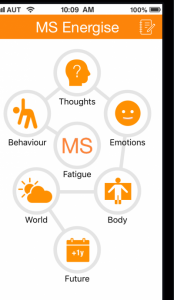 Reducing the impact of fatigue in people with multiple sclerosis using a novel fatigue-management programme
Reducing the impact of fatigue in people with multiple sclerosis using a novel fatigue-management programme Defeating the pirates: creating a technical guide to support EU law enforcement agencies in combatting audiovisual piracy
Defeating the pirates: creating a technical guide to support EU law enforcement agencies in combatting audiovisual piracy Research areas: Intellectual Property & Innovation Law, Media Regulation
Research areas: Intellectual Property & Innovation Law, Media Regulation

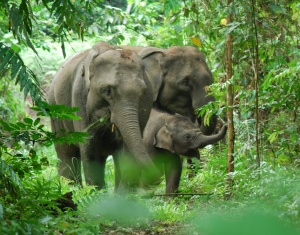
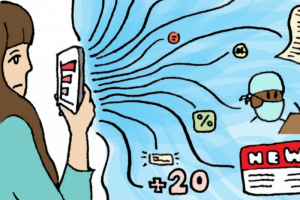
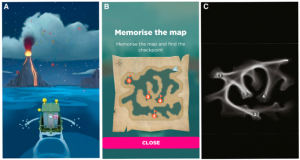

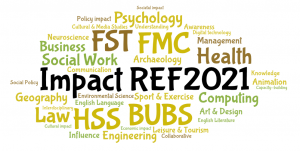
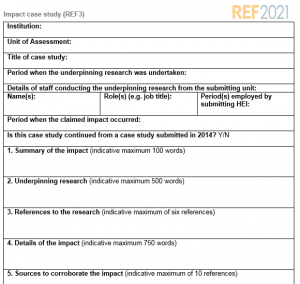 A 5-page document, comprising:
A 5-page document, comprising: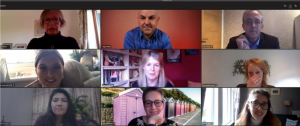














 Dr. Ashraf cited on ‘Modest Fashion’ in The Guardian
Dr. Ashraf cited on ‘Modest Fashion’ in The Guardian NIHR-funded research launches website
NIHR-funded research launches website Academics write for newspaper in Nepal
Academics write for newspaper in Nepal New paper published on disability in women & girls
New paper published on disability in women & girls Global Consortium for Public Health Research 2025
Global Consortium for Public Health Research 2025 MSCA Postdoctoral Fellowships 2025 Call
MSCA Postdoctoral Fellowships 2025 Call ERC Advanced Grant 2025 Webinar
ERC Advanced Grant 2025 Webinar Horizon Europe Work Programme 2025 Published
Horizon Europe Work Programme 2025 Published Horizon Europe 2025 Work Programme pre-Published
Horizon Europe 2025 Work Programme pre-Published Update on UKRO services
Update on UKRO services European research project exploring use of ‘virtual twins’ to better manage metabolic associated fatty liver disease
European research project exploring use of ‘virtual twins’ to better manage metabolic associated fatty liver disease